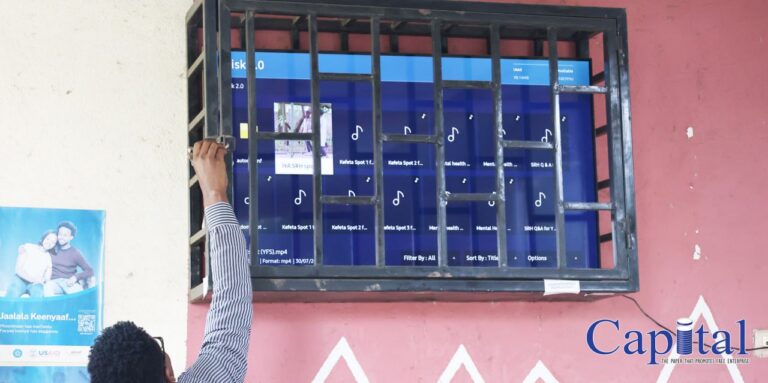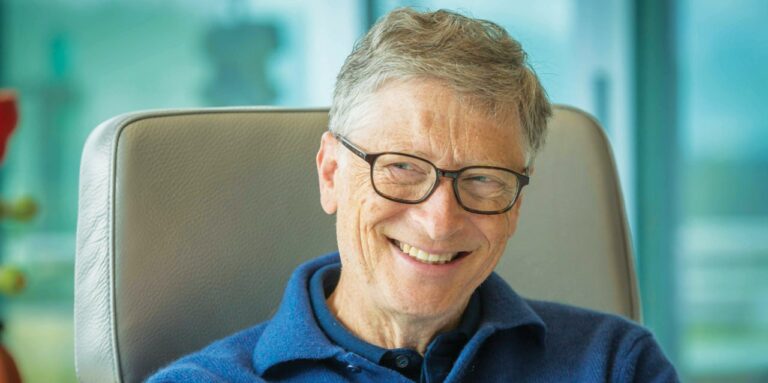By NJ Ayuk, Executive Chairman African Energy Chamber (www.EnergyChamber.org).
Organizations ranging from the World Bank to the European Investment Bank (EIB) have dropped support for African fossil fuel production in hopes of encouraging a transition from oil, gas and coal to sustainable energy sources like wind and solar power.
Now there are legitimate concerns that investor support for oil and gas production will dwindle as well. Blackrock, which controls $7 trillion in investments, and the Royal Bank of Scotland have said they’ll be moving away from investments that support fossil fuel production.
The anti-fossil fuel fervor is being demonstrated in what may seem like surprising ways: the Bank of England was criticized for having an oil company executive its board of directors.
Pressure is coming from within the African continent, as well. Western funded NGOs from Kenya and the surrounding region, for example, recently petitioned the African Union to put a stop to coal usage and look into phasing out oil and gas usage over the next three decades in hopes of eliminating emissions that contribute to global warming.
I agree that climate change should be taken seriously, but we cannot accept knee-jerk responses. We must not rob our continent of the significant benefits it can realize from oil and gas operations, from the economic opportunities of monetized natural resources to critically important gas-to-power initiatives.
I am not, by any means, calling for a stop to sustainable energy programs. They are being implemented, and I hope to see more. I’m simply saying it’s too soon for an either-or approach to green energy sources and fossil fuels.
What’s more, it should be Africans, not well-meaning outsiders, who determine when the timing is right to phase out fossil fuels in Africa, if ever. Pressuring Africa to do otherwise is insulting, no better than throwing foreign aid at us with the assumption that Africans are incapable of building a better future for ourselves. It’s also hypocritical for countries and people who enjoy the security, greater life expectancy, comforts and economic opportunities associated with plentiful, reliable energy to say, “Time’s up, Africa. No more fossil fuels for you. Desperate times call for desperate measures.”
What about the desperation that the 600,000-plus Africans without power live with every day?
Is it reasonable to expect them to wait for green energy to evolve while domestic natural gas and crude oil reserves can be exploited to create electricity and heating fuel far more quickly?
Addressing Energy Poverty
We cannot move forward with phasing out fossil fuels in Africa before we address the huge swaths of our continent existing in energy poverty. I strongly agree with the late OPEC Secretary General Mohammed Barkindo, who said in his 2021 address: “The almost one billion people worldwide who currently lack access to electricity and the three billion without modern fuels for cooking are not just statistics on a page. They are real people . . . Nobody should be left behind.”
Closer to home, more than two-thirds of the population of sub-Saharan Africa, more than 620 million people, lack access to electricity. Even more infuriating, that number is likely to increase. The International Energy Agency (IEA) has predicted that by 2040, approximately 75 percent of sub-Saharan Africa will lack access to electricity. Why? Surging populations are far outpacing the spread of infrastructure.
As I wrote in my book, A Just Transition: Making Energy Poverty History with an Energy Mix, living without electricity is much more than an inconvenience. It keeps people from modern health care, and it exposes them to toxic air pollution caused by burning unsafe fuels indoors. It also reinforces poverty and contributes to economic stagnation: Businesses, factories and schools need electricity to function and grow.
I’m convinced that one of our continent’s best chances of eliminating energy poverty is to strategically exploit our abundant natural gas resources instead of exporting and flaring it. Africa had 503.3 trillion cubic feet of proven natural gas reserves available to us as of 2024. Natural gas can be used to fuel electricity generation: It’s available; it produces less carbon dioxide emissions than diesel, gasoline or coal; and it’s affordable. In fact, its price recently fell. What’s more, natural gas can be integrated with wind and solar power to produce energy that’s both sustainable and reliable.
While gas-to-power will require effort, from the creation of intra-African trade agreements that make natural gas available to countries without it to cooperation from power producers, it represents a very doable way for Africans to resolve one of the continent’s greatest challenges.
In addition, Namibia has seen some amazing discoveries by TotalEnergies, Shell, and Galp Energia. Greenfield spending — that is, foreign direct investment in new projects — is being driven by Mauritania, Senegal, Uganda, Congo, Mozambique, Ghana, Angola, and Cote d’Ivoire. With that in mind, this is a horrible time to stop producing and using natural gas in Africa. This is why African Energy Week is important because it represents where Africans stand on energy and their future. The game has changed.
African Companies, Monetization and Economic Growth
Phasing out fossil fuels in Africa also would be harmful to the many international and indigenous oil and gas companies that contribute to the continent’s revenues and make a positive social impact here. I’ve written extensively about companies that do real good for African communities, such as Oando Plc, Etu Energias, Platform Petroleum, Seplat Energy PLC, Green Energy International, Lekoil Nigeria Ltd, AMNI International Petroleum Development Company Ltd, Sahara Group, Shoreline Energy and many, many more. These indigenous companies create jobs for Africans, buy from African suppliers, and do business with other African companies, in addition to their extensive community outreach efforts. We have, and need, foreign companies that do the same—and share their technologies.
And that’s only part of the picture. Africa has not fully capitalized on a game-changing opportunity: monetizing our oil and gas resources. This starts with using oil and gas as a feedstock to create other value-added products. Natural gas, for example, can be used to make liquid transport fuels, base oils, paraffin, and naphtha. The resulting revenues can be used to build infrastructure and diversify economies. This is not an abstract, pie in the sky idea. In Equatorial Guinea, for example, initiatives aimed at monetizing the country’s massive natural gas reserves has led to the creation of new infrastructure. It is helping the government build a natural gas mega hub that could make Equatorial Guinea a major player in the global liquified natural gas market and bring in $2 billion in revenues. There’s no reason that other African countries can’t do the same.
Our Opportunities, Our Timing
I am realizing that fully capitalizing on Africa’s oil and gas resources poses significant challenges, but it is doable. All my three bestselling books, Billions at Play and Big Barrels: African Oil and Gas and the Quest for Prosperity, A Just Transition: Making Energy Poverty History with an Energy Mix, living provide practical steps for realizing the African Energy dream. They show there are ways to strategically harness our oil and gas resources, create economic growth and promote stability, the kinds of changes that impact everyday people throughout the continent.
Our view on oil and gas is not about greed or lining the pockets of a select few. If we work to use these resources wisely, they really can power a better future for Africa. And we’re not ready to toss them aside.
Distributed by APO Group on behalf of African Energy Chamber.





